Karva Chauth is an age-old Hindu festival observed by married women all over India and even abroad. The occasion is primarily celebrated in North India, in the states of Uttar Pradesh, Rajasthan, Punjab, Haryana, and in other parts of the country too. The festival falls on the 4th day after the full moon in the Hindu month of Kartik, falling in English calendar months of October or November. This year Karwa Chauth will be celebarted on 10th October 2025. On Karwa Chauth, married women observe a fast from sunrise to sun set, so long the moon does not peep, for the well-being, longevity, and prosperity of their husbands. They neither consume any food nor a drop of water during this period. The fast ends after the wives look up at the moon. In this Blog we will discuss all about Karwa Chauth and its Significance and Stories.
The Derivation of the Name of Karwa Chauth
The name Karwa Chauth has been derived from two words, "Karwa", meaning an earthen pot used to store wheat. "Chauth" means the 4th day. It is believed that the occasion originated as a prayer for the safety and safe returns of soldiers during war periods.
Throughout the day, women are seen engaged in various activities to keep themselves occupied. Their only motto is be distracted from hunger. Dressed up in traditional attire, they apply mehendi on their hands. Thereafter they throng in a place with other married women of the r neighborhood and go on praying and performing various rituals. In the evening, women listen to the Karva Chauth Katha story that is narrated by an elder member or a priest. They break their fasting after seeing the moon, often their husbands are with them during this occasion. This is followed by a dainty meal. Karva Chauth symbolizes love, devotion, and commitment towards their respective husbands. It is also an occasion to strengthen the bond between married partners. In recent years many non-resident Indians and Indians living in different parts of the world celebrate it with devotion.
Read More: Karwa Chauth Vrat
The Story Behind Karwa Chauth
The story behind the gala occasion varies in different parts of India, but the most popular is associated with the story of Queen Veervati. Queen Veervati was a young woman who was deeply in love with her husband. On the occasion of first Karva Chauth after marriage, Veeravati went to her parents' house. Her object was to fast with her mother and other members there. With the progression of the day, Veervati became so weak that she desperately sought the moon to peep in the night sky so that she could break her fast. However, the moon was delayed, and she failed to endure hunger and thirst no longer. Anyway, she fainted.
Having noticed her state her brothers thought to deceive her. They created a moonrise reflecting a light on the mirror so that it appeared the moon had risen. Having thought it a moon Veervati broke her fast. Soon after her breaking the fast, she received the news that her husband was critically ill. Having realized that her incomplete fast had caused her husband's illness, Veervati rushed back to her husband's home On her way, Lord Shiva and Goddess Parvati appeared and revealed the cause behind her husband's illness. They told her that her fast was incomplete because she had broken it without sighting the moon.
Having repented in a bitter way, Veervati went on observing a strict fast next Karva Chauth with absolute heartiness. She followed every ritual and the moment she sighted the moonrise, she broke her fast. As an obvious result, her husband came round and they lived a long and prosperous conjugal life. This story is generally narrated during Karva Chauth observations to emphasize the significance of fasting with dedication and following every ritual faithfully. It is nothing but a reminder to all married women about the importance of their sacrifices for the total well-being of their respective husbands.
Read More: Know about Karwa Chauth
Story of Draupadi: Once Arjuna, whom Draupadi loved most, went to the Nilgiri Mountains for some reason. The rest of the brothers were in deep trouble in his absence. Draupadi remembered Lord Krishna in this crisis period to ask what should be done to face the challenges. Lord Krishna told the story of Goddess Parvati who in such a situation performed the Karwa Chauth Vrat. Draupadi followed the words of Lord Krishna and observed the strict rituals of the occasion for the well-being of Arjun and all other Pandavas. In this way she resolved their problems.
The Story of Karwa: Once upon a time there lived a woman named Karwa who madly loved her husband and thus owned spiritual powers. Once, her husband while bathing in the river was attacked by a crocodile and died. Courageous Karwa knotted the crocodile with simple cotton yarn remembered Yama; the Lord of death. She asked him to give back life to her husband and grant death penalty to the crocodile. Yama said He was not able to do so. Highly enraged Karwa was ready to curse Lord Yama. Yama was much scared of being cursed by such a highly devoted wife and he killed the crocodile then and there and revived the dead husband of Karwa.
The Significance of Karwa Chawth
Karwa Chauth has a great significance for married Hindu women. It is considered as one of the most important festivals in their lives. The festival is viewed as an expression of deep love, devotion, and commitment. By observing a long fast and performing various rituals, women show their love and respect to their husbands and pray for their well-being and longevity. The primary purpose of the Vrat is to pray to the God for the longevity, glowing health, and total prosperity of their husbands. Women believe that going for fasting and following the rituals with sincerity, they can be able to be blessed with divine blessings and for their husbands.
It offers an opportunity for the couples to come closer, support each other, and cement their commitment and love for ever. Husbands too express their gratitude by offering their wives gifts and love. Karwa Chauth is packed with different rituals and customs. These include wearing of traditional dresses, applying of mehendi on hands, exchanging gifts and paying heed to the Karwa Chauth Katha. These rituals not only create a festive atmosphere but also highlight cultural and family values.
The festive occasion is celebrated as a community festival. Married women along with their neighbors, friends, and relatives observe fast and participate in different rituals together. These bubbling gatherings put forward a sense of togetherness among women, allowing them to share their experiences and strengthen social bonds. The fasting period of the occasion which makes a lady to be abstain from food and water from sunrise to rising of the moon, is noted as a test of endurance and total self-discipline. It symbolizes the strength, stamina and sacrifice of married women for the very well being of their respective husbands.
The occasion is deeply rooted since time immemorial in North Indian culture and traditions. It has been going on for generations and holds a significant place in the hearts of married women. Though the occasion of Karwa Chauth is primarily observed by married Hindu women, its celebration has brought people from different faiths and backgrounds to take part in the festival as a mark of cultural unity and appreciation. Keeping a fast without drinking water and eating any food throughout the day is not an easy task, but the devoted wives dare to perform all these rituals with much adoration and respect for their husbands.
Is Celebrating the Karwa Chauth Relevant?
Having heard the Katha, one may not admit the fact why the festival has utmost importance in the Hindu culture. Actually the prominence of this festival is noticed in the Northern and North Western regions of India. Why so? It is because huge number of the male population of these regions was the part of the Indian Army. For the safety of these people, especially of their husbands, women of these regions started fasting. Women used to pray to God for the longevity of their own men. The time of this festival coincides with the wheat sowing season in these areas.
The women of the families of those brave soldiers filled the Karwa or earthen pots with wheat grains and offered them to God with the prayer that a great Rabi season come up. All these may have taken place in the anecdotes of the great festival that tells of the love between husbands and wives.
This tradition is still relevant in the North Indian culture and once you focus on the issue, you are sure to observe that Indian people are greatly proud of this occasion as an immediate result we notice the observance of the celebration in various Indian films. It is not just an occasion; it is a valuable knot that has tied the bond of conjugality for centuries.
Conclusion: Karwa Chauth and Strengthening Bonds
The occasion shows that Indian women not only love their husbands but they are ready to do everything for the sake of their husbands. Different stories of Karwa Chauth tell us the story of the valor of Indian women and their utmost dedication for their respective families.
For Interesting Astrology Videos & Posts, follow us on Instagram














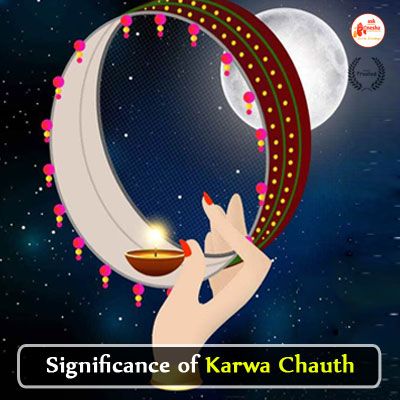
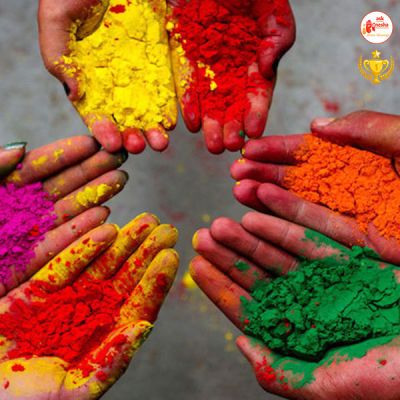
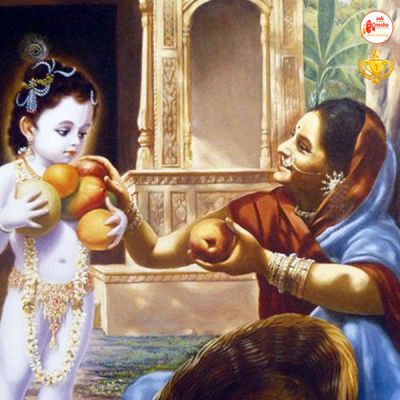
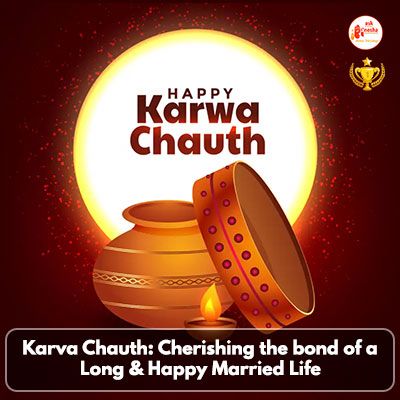

 Translate
Translate